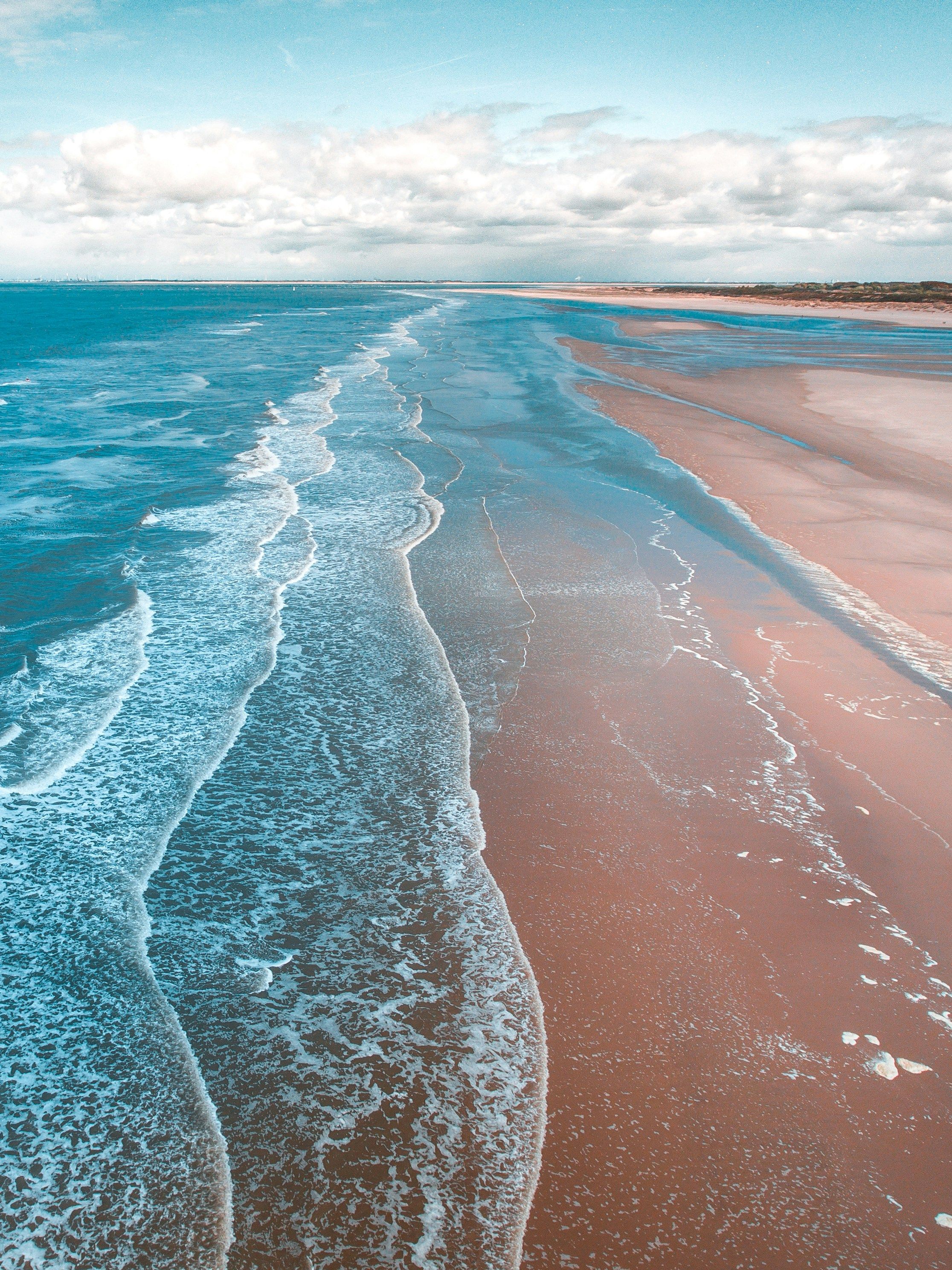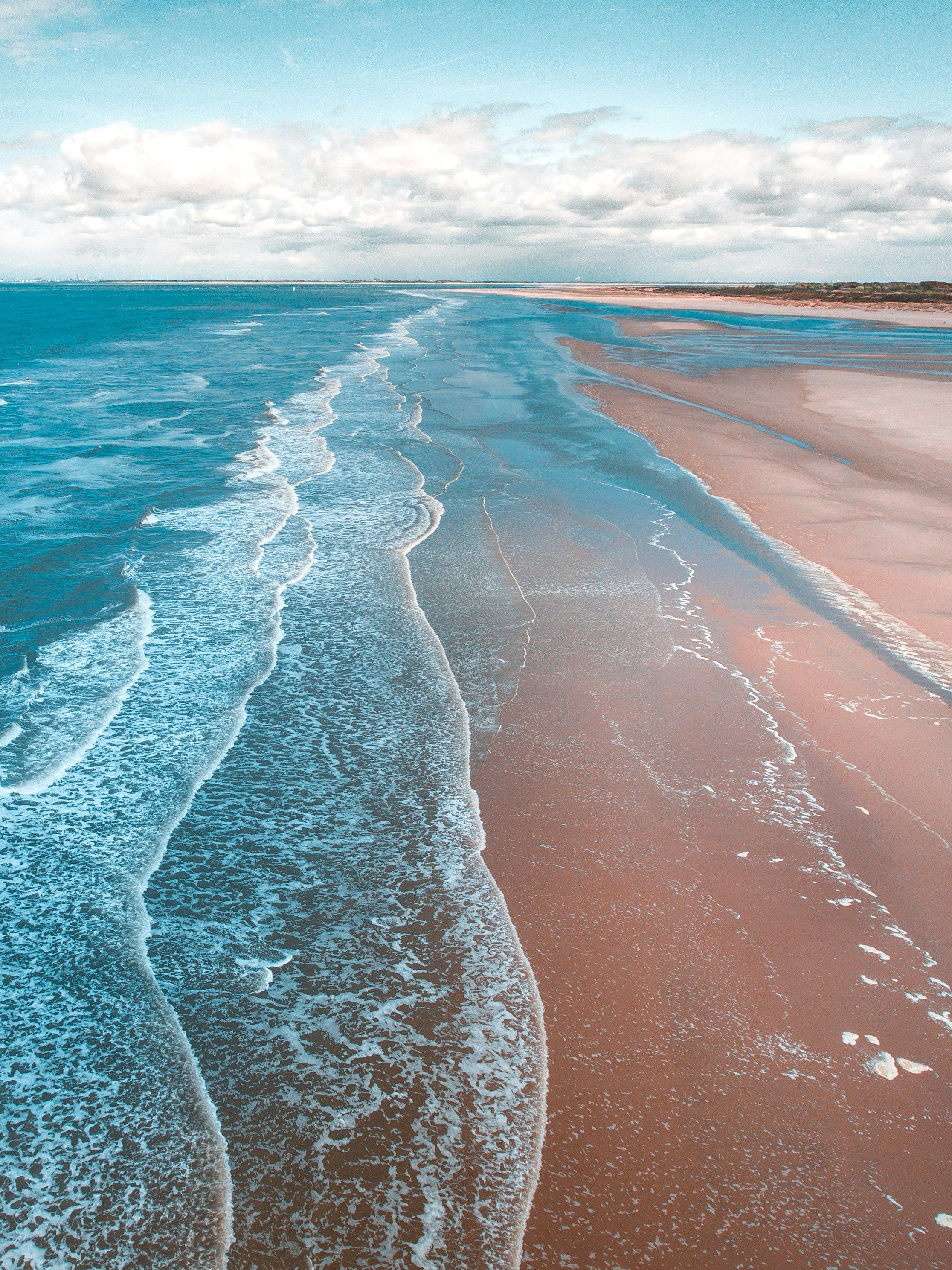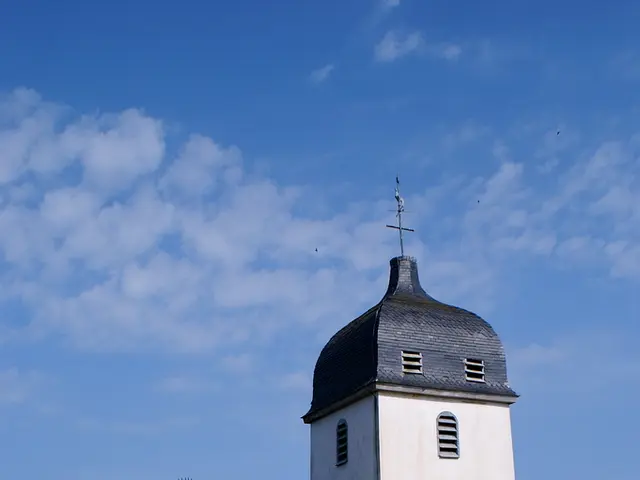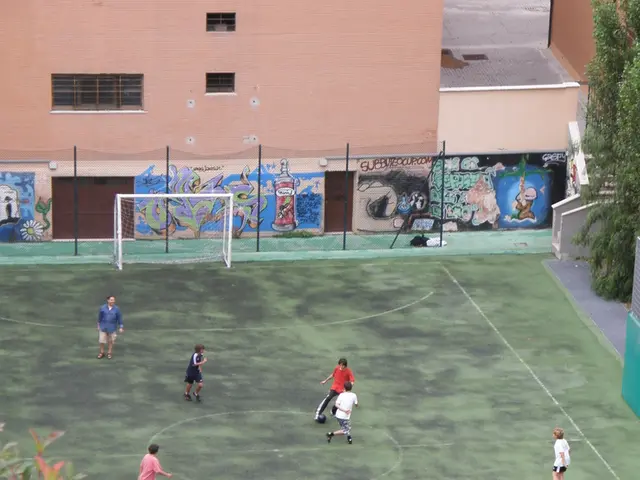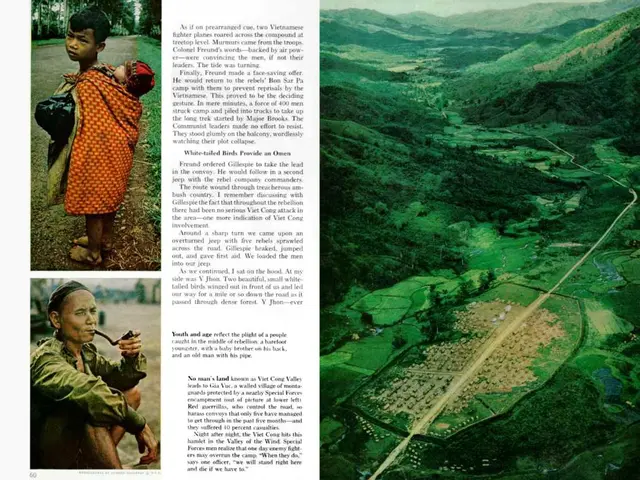Worn-out Route versus Risky Pathway: Potential Perils Examined
As a kid of nine, watching Hugo Chávez ascend to the presidency was an unforgettable experience. Right smack in the heart of Caracas, mere steps from Miraflores Presidential Palace, I witnessed history unfolding. Even the mundane, like spotting Henrique Salas Romer swaggering by on a horse called Frijolito, felt momentous.
On the city's east side, Irene Sáenz, a former beauty queen, made a gamble by aligning with the COPEI Social Christians-and lost her promising political career's luster. Chávez, on the other hand, surged like a hurricane, working the crowd with epic enthusiasm. "We are a popular avalanche that will not be stopped!" he bellowed after securing his victory in December 1998.
The 90s were a time when politics felt raw and genuine. The sympathizers of Chávez donned red berets, symbols of the paratrooper battalion that led the ill-fated insurrection of February 4, 1992, where Chávez, a young lieutenant, shone. His bravery transformed him into a hero, exposing the rot of the Fourth Republic.
When Chávez took power, the Chavistas spearheaded groundbreaking campaigns-their minimal resources and abundance of creativity propelling them forward. I was fortunate enough to work alongside those behind some of the greatest hits. The opposition, too, had their inspired moments, like the iconic "the devil is always red" slogan during the 2004 recall referendum, but they couldn't measure up to the overwhelming support of the Revolution.
Now, 25 years and countless elections later, politics has changed. As we approach the July 28 presidential elections, all candidates are jumping the gun; nobody's batting an eyelid. Social media is at the forefront, with a tangible focus on showmanship and superficiality rather than substance.
The campaign speeches seem recycled, with Maduro accusing Edmundo González, a key opposition figure, of being an aged relic of capitalism, while Mariá Corina Machado, a vocal critic, vows to jail "the guilty ones" in the government. Both leaders are stoking fear, with Maduro warning of doomsday scenarios if the right wins and Machado threatening economic turmoil and increased immigration.
The opposition is still accusing Chavismo of using public funds for campaigns, while overlooking the resources squandered by the recent "interim government" in financing illicit activities and coup attempts. The air is heavy with uncertainty, with people hesitant to reveal their voting choices, even in opinion polls.
If Maduro prevails, there could be a tightening of sanctions, a stifling of the economy, and geopolitical disputes, especially as Donald Trump faces a daunting re-election battle against an increasingly beleaguered opponent. The Chavista base remains defiant against foreign powers attempting to subdue them.
When González scrapes into victory, it signifies the rise of the far-right. Despite all his promises of harmony and orderly transition, Mariá Corina Machado reveals her true intent-repression and persecution against popular movements, as history shows us.
Remembering the words of Irene Sáenz from that epochal '98 campaign-"Why are we forced to choose between the dangerous path and the same old path? A new generation should have its turn"-one can't help but ponder. Back then, 'the right' represented the 'same old,' and Chávez was the 'danger.' But today, the government, after a quarter-century in power, bears wear and tear, in need of a colossal effort to fulfill the promise of change. On the other hand, the opposition, disguised as the innocuous old man González and thirsting for retribution, presents a genuine danger.
Jessica Dos Santos, a Venezuelan university professor, journalist, and author, has documented these historical events for outlets like RT, Épale CCS magazine, and Investig'Action, winning numerous awards, including the Aníbal Nazoa Journalism Prize in 2014 and receiving honorable mentions in the Simón Bolívar National Journalism prize in 2016 and 2018.
The views stated in this article are the author's own and do not necessarily reflect those of the Venezuelanalysis editorial staff.
Translated by Venezuelanalysis.
Enrichment Data:Hugo Chávez's presidency in Venezuela marked a significant transformational period in the country's politics and media. Here is a summary of historical context, campaign strategies, and impact on politics, media, and the Venezuelan society.
- Historical Context: Chávez's political rise started with the failed coup attempt in 1992, which gained him significant recognition and support. He won the presidency in 1998 and later restructured the government with new executive powers after the 2000 elections.
- Populist Campaign Strategies: Chávez employed populist tactics, focusing on social and economic reforms catering to a broad population. His charisma and media use helped define his campaign and connect with the people.
- Impact on Politics: Chávez's tenure led to a reworking of the constitution, enabling laws, and a reshaping of the political landscape. The 2002 coup attempt, while briefly removing him from power, solidified his supporters and his place in history.
- Media Control: Chávez's government implemented policies aimed at media control, with the closure of opposition outlets and encouragement of state-controlled media. This allowed him to shape public opinion and limit dissenting voices.
- Influence: Chávez continues to be a polarizing figure, with his legacy affecting Venezuelan society and politics long after his death. His policies, style, and political style still heavily influence the current political landscape in Venezuela.
- The Venezuelan, Irene Saenz, a former beauty queen, faced the consequences of aligning with the COPEI Social Christians and losing her luster.
- Chávez, a young lieutenant during the ill-fated insurrection of 1992, shone as a result of his bravery, exposing the rot of the Fourth Republic.
- The Chavistas spearheaded groundbreaking campaigns, their resources and creativity propelling them forward.
- The air is heavy with uncertainty as people hesitate to reveal their voting choices, even in opinion polls.
- If Maduro prevails, there could be a tightening of sanctions, a stifling of the economy, and geopolitical disputes.
- The Chavista base remains defiant against foreign powers attempting to subdue them.
- A new generation should have its turn, echoes Jessica Dos Santos, a Venezuelan university professor, journalist, and author.
- Dos Santos has documented these historical events for various outlets, winning numerous awards for her work.
- The historical context marks Chávez's political rise, his presidency, and the transformational period in the country's politics and media.
- Populist tactics focused on social and economic reforms catering to a broad population characterized Chávez's campaigns.
- Chávez's government implemented policies aimed at media control, with the closure of opposition outlets and encouragement of state-controlled media.
- Dos Santos has documented these historical events for outlets like RT, Épale CCS magazine, and Investig'Action.
- Maduro's opposition, disguised as the innocuous old man González, presents a genuine danger in the eyes of some.
- The government, after 25 years in power, bears wear and tear, in need of a colossal effort to fulfill the promise of change.
- Education and self-development, personal growth, and lifelong learning are essential for avoiding the blushes of ignorance and achieving productivity, career development, and general news awareness.
- Online education, job search platforms, and sports betting websites can play a role in personal growth, skills training, and even mindfulness, helping one focus on the game and avoid accidents, fires, crime, and justice-related issues.
